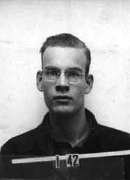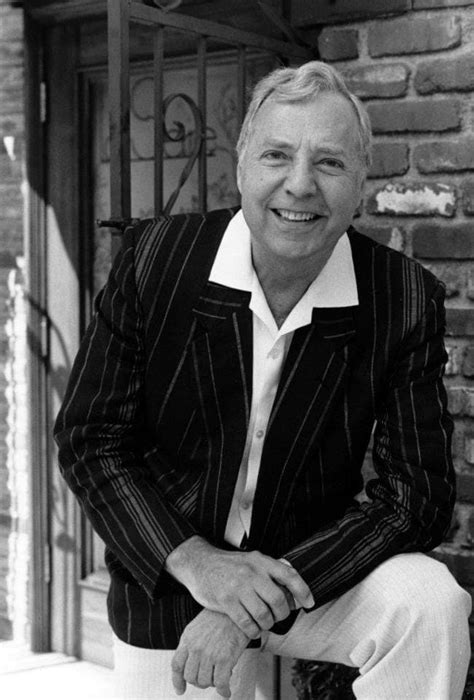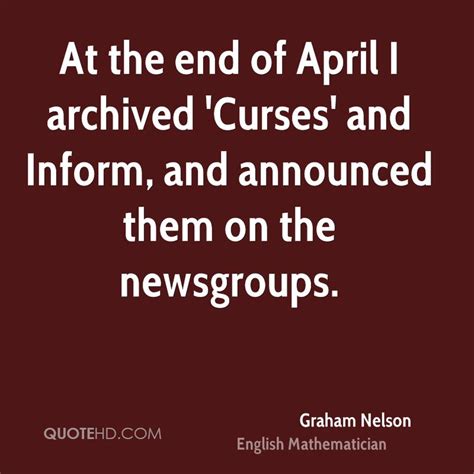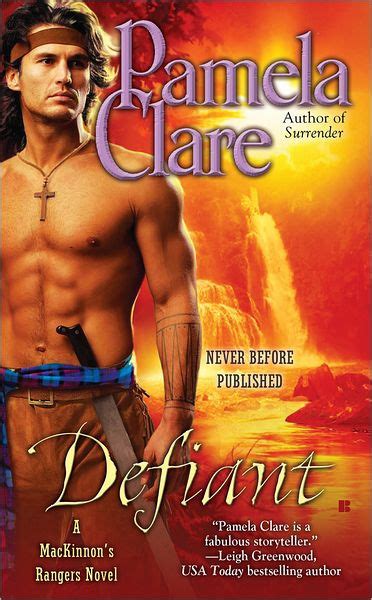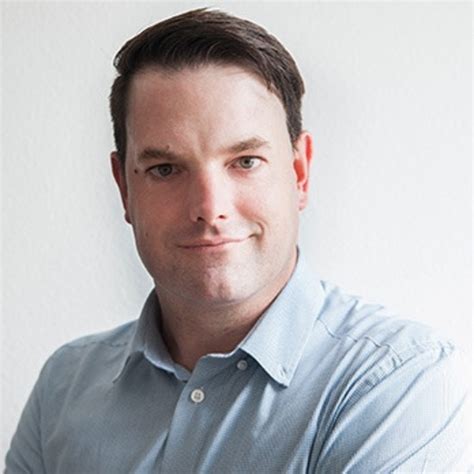A Quote by Gayle Lynds
Related Quotes
Do you ever get moods when life seems absolutely meaningless? It's like a badly-constructed story, with all sorts of characters moving in and out who have nothing to do with the plot. And when somebody comes along that you think really has something to do with the plot, he suddenly drops out. After a while you begin to wonder what the story is about, and you feel that it's about nothing—just a jumble.
Chris Claremont once said of Alan Moore, "if he could plot, we'd all have to get together and kill him." Which utterly misses the most compelling part of Alan's writing, the way he develops and expresses ideas and character. Plot does not define story. Plot is the framework within which ideas are explored and personalities and relationships are unfolded.
I always write a draft version of the novel in which I try to develop, not the story, not the plot, but the possibilities of the plot. I write without thinking much, trying to overcome all kinds of self-criticism, without stopping, without giving any consideration to the style or structure of the novel, only putting down on paper everything that can be used as raw material, very crude material for later development in the story.



